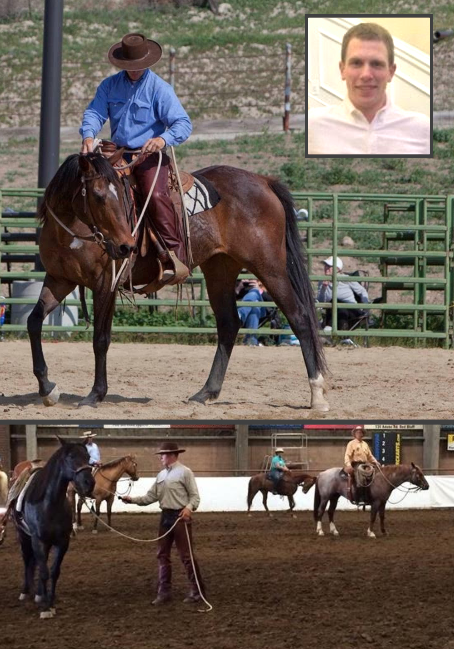Stuttering therapy participant Bill R. attended the Hollins Communications Research Institute (HCRI) 12-day intensive treatment program nearly one year ago. During a recent phone call, he answered the following questions and shared his perspectives about HCRI stuttering therapy and his experience with program participation.
 Why did you choose HCRI stuttering therapy?
Why did you choose HCRI stuttering therapy?
During my life, I tried about every type of stuttering therapy available, including using an auditory feedback device.
Yet, nothing worked for me. I continued to seek treatment options in hopes of finally finding a solution to my stuttering problem. Then, I heard about HCRI. I went to the center’s website (www.stuttering.org) to learn about HCRI’s behavioral therapy approach.
I saw the statistics about HCRI’s fluency success rates [93% achieve fluency in 12 days and 70-75% sustain fluent speech over time]. To be honest, I was skeptical of those numbers since my previous therapies didn’t produce results. HCRI’s fluency outcomes seemed too good to be true.
Yet, while I didn’t have a lot of hope that HCRI would help me, it was the one approach I hadn’t tried. I took a leap of faith and enrolled in the 12-day program.
What were your impressions on the first day of HCRI stuttering therapy?
I was nervous when I first arrived at HCRI. I was worried that the therapy wouldn’t work. Though, I saw HCRI as my last resort for getting my stuttering under control.
Describe your experience during the first half of your HCRI therapy program.
In the first week, I couldn’t see the light at the end of the tunnel. The way the therapy is designed to systematically progress, you don’t see fluency results until the last few days. Initially, it was hard for me to link what the clinicians were teaching – and the speech exercises I practiced – to the ultimate outcome of fluent speech.
Yet, I remained committed to the therapy process. I worked hard each day and followed the guidance of HCRI’s clinicians. In the evenings, I continued to practice the speech techniques I learned so I wouldn’t slip back into my old way of speaking.
What were your impressions during the second week of therapy?
Everything came together during the second half of my HCRI program and particularly in the last two days. What I was learning and doing all made sense. Week 2 is where you reap the rewards of your hard work. Each day, my speech got better and better. It was impressive.
What are your thoughts about HCRI now that nearly a year has passed since your therapy program?
I am a fluent speaker now. The fluency statistics on HCRI’s website hold true. Yet, they directly correlate with an individual’s work ethic each day of treatment. If someone stays dedicated to the therapy process and works hard every day, fluency will happen. There’s no limit to the success and fluency you can achieve.
In addition to the actual therapy, the support system you have with HCRI makes such a difference. HCRI clinicians are always there for you – during therapy and once you return home. I check in with them every few weeks to keep my speech on track. Mentally and through speech, that support system promotes such confidence. If I run into an issue with stuttering, HCRI clinicians take the time to work with me over the phone to address it.
Also, you become close with other therapy participants and help one another during the program and afterwards. I’ve stayed in contact with a number of people from my program. We regularly talk on the phone and practice the skills we learned to maintain fluency.
What advice to you have for others considering HCRI stuttering therapy?
Most other stuttering therapies treat the symptoms, which is why results don’t last. At HCRI, you focus on the source of your stuttering and relearn how to speak to generate fluency. Before coming to HCRI, I didn’t grasp the success that could be achieved.
Now that I have fluent speech, I’ve excelled in my career. I just accepted a new position that requires me to speak in front of groups on a regular basis. I wish more people who stutter knew about HCRI and the difference it can make in your life.
So my advice is… If you are committed to fluent speech, HCRI is the place to go.


.jpg)

